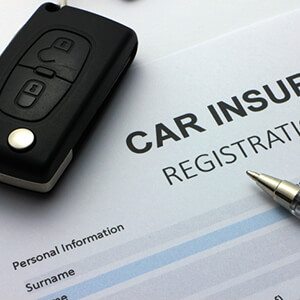
There are many reasons why a driver might wish to shop for auto insurance without a license. Many states require drivers to be insured anytime their vehicle is registered, even if the individual has lost their driving privileges or has never had a license before. Vehicles that are leased almost always require that that the driver have an auto insurance policy in place, even if the driver has had his/her license suspended. Most individuals who have had their driving privileges taken away (depending on the state) must still have an auto insurance policy for any vehicle that is registered to them, and can face severe penalties for any lapse in coverage.
To avoid the repercussions of being caught without auto insurance while unlicensed, many individuals end up purchasing auto insurance policies before they are licensed or get their driving privileges back. Fortunately, drivers have various options when finding a policy, and comparing different auto insurance carriers can result in cheaper rates. Surprisingly, it is actually somewhat common for individuals to purchase an auto insurance policy when they don’t have a driver’s license. Drivers can have their driving privileges revoked if they are found to be driving without auto insurance, at least until they can provide proof that they had auto insurance in place at the time of the citation. Often times this means that the driver must now obtain an SR-22 form from their auto insurance carrier for the next few years. An SR-22 is a proof of financial responsibility that is provided by the auto insurance carrier that will provide notification to various parties if the policy is terminated.
Individuals who do not have a license or have lost their driving privileges can benefit from auto insurance quote comparisons. This is because young and/or inexperienced drivers and drivers with less than perfect driving records are almost always rated higher premiums for auto insurance than older and/or more experienced drivers with good driving records. Young and/or inexperienced drivers and drivers with less than perfect driving records are viewed by insurance companies as higher risk drivers, which is why they are charged higher premiums.